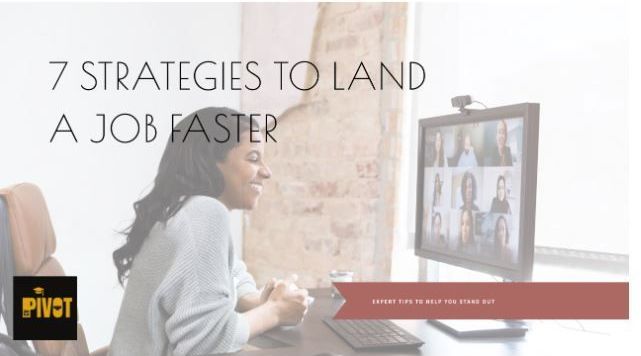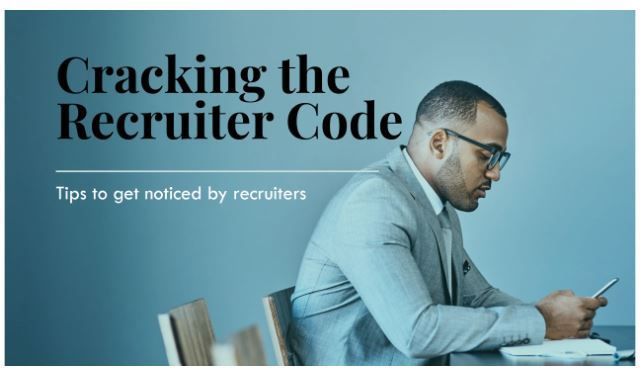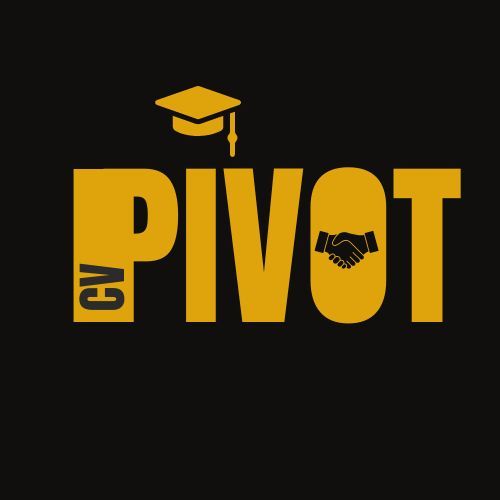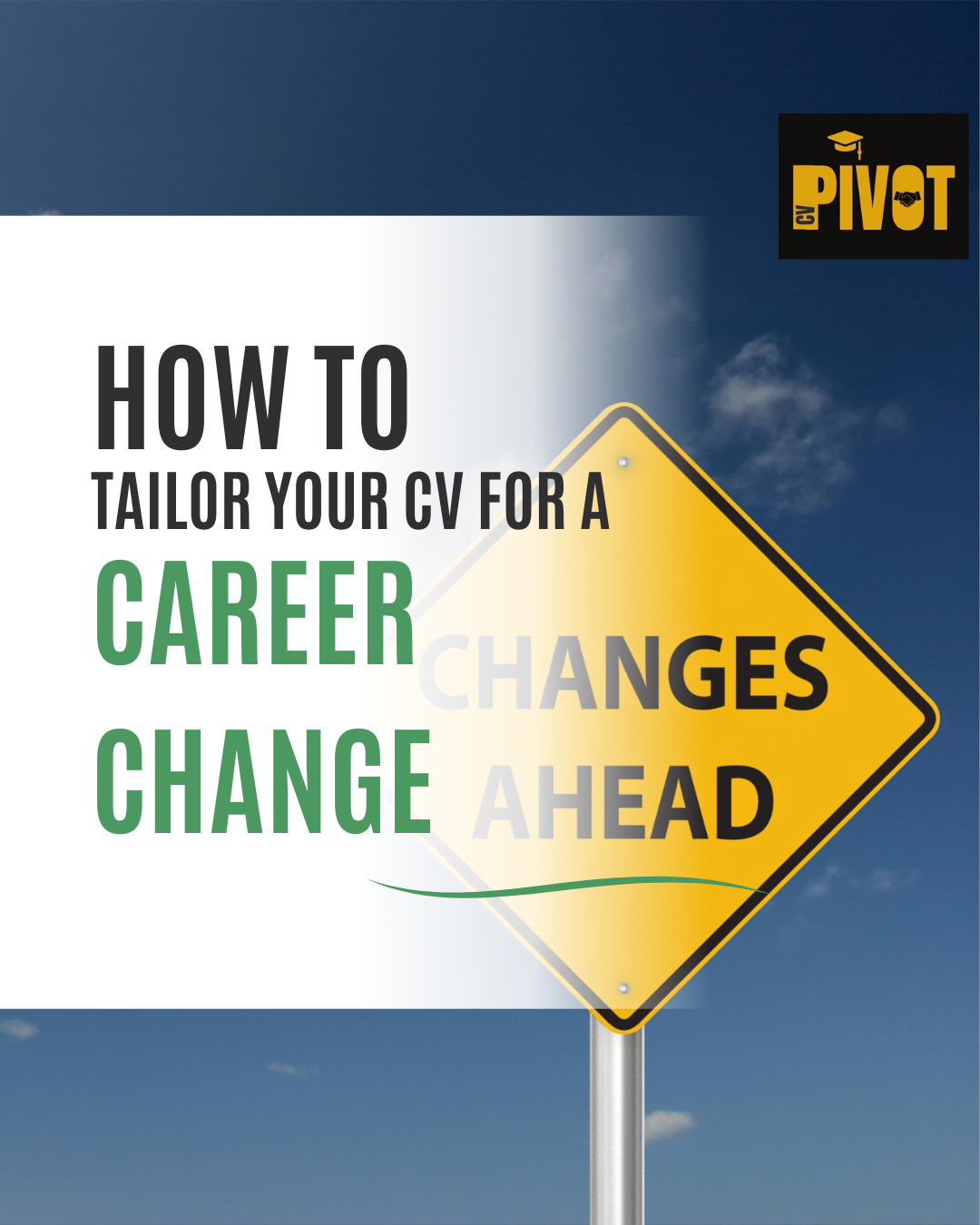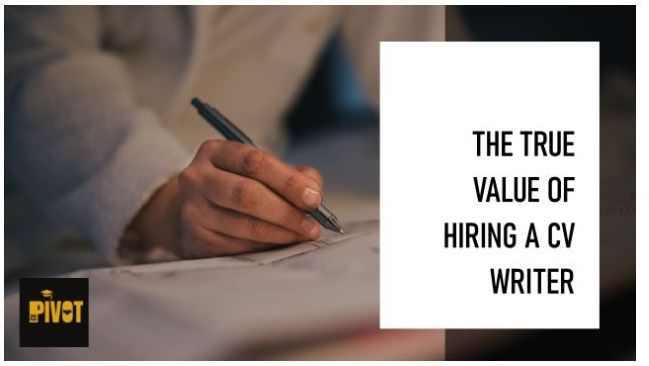Mastering Interview Techniques: How to Stand Out and Secure the Job
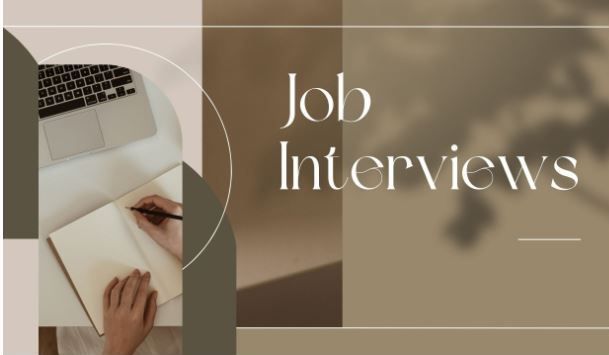
Job interviews can be daunting, especially if you haven't had an interview for a while and are feeling out of touch with the job market & the hiring process. However, with the right preparation and techniques, you can transform them into opportunities to showcase your skills, confidence, and professionalism. Whether you’re a recent graduate, switching careers, or aiming for a senior / executive role, excelling in interviews is key to landing your dream job. In this article, we’ll explore powerful interview techniques to help you stand out, while also highlighting how career coaching can accelerate your success.
1. Understanding the Interview Process
Employers use interviews to assess more than just your qualifications. They want to evaluate your problem-solving abilities, cultural fit, and communication skills. Knowing what type of interview to expect allows you to tailor your approach. Here are some common formats:
- Competency-Based Interviews – Focus on past experiences to predict future performance.
- Behavioural Interviews – Assess how you’ve handled specific situations using real-life examples.
- Panel Interviews – Multiple interviewers evaluating different aspects of your expertise simultaneously.
- Video Interviews – Increasingly common in today’s job market, requiring strong virtual communication skills.
- Case Study Interviews – Often used in consulting and finance roles, where candidates solve business problems in real-time.
- Technical Interviews – Common in IT and engineering, requiring problem-solving on the spot.
Understanding the type of interview you’re walking into gives you a strategic advantage.
2. Preparation: The Key to Confidence
Thorough preparation sets you apart from other candidates. Follow these essential steps:
- Research the Company and Industry – Understand its culture, mission, competitors, and recent developments.
- Analyse the Job Description – Align your skills and experiences with the role’s requirements.
- Prepare STAR Responses – Use the Situation, Task, Action, and Result method for structured, compelling answers.
- Know Your CV Inside Out – Be ready to discuss any experience, project, or skill listed.
- Anticipate Tough Questions – Prepare responses for common questions like “What’s your biggest weakness?” or “Why should we hire you?”
- Mock Interviews – Practise with a career coach or mentor to refine your responses and body language.
- Master Virtual Interviews – Ensure a professional setting, strong internet connection, and confident on-screen presence.
Preparation breeds confidence, making you more composed and articulate on the big day.
3. Effective Communication During the Interview
How you communicate can be just as important as what you say. Consider these key elements:
- First Impressions Matter – Dress appropriately, maintain eye contact, and greet with a firm handshake.
- Active Listening – Engage with the interviewer by listening attentively and responding thoughtfully.
- Concise and Relevant Answers – Avoid rambling; keep responses focused and impactful.
- Showcase Your Personality – Let your enthusiasm and authenticity shine through.
- Ask Thoughtful Questions – Show curiosity about the company, team, and role responsibilities.
- Master Non-Verbal Cues – Confident body language and a warm smile can reinforce your words.
4. The Role of Career Coaching in Interview Success
Even the most experienced professionals benefit from career coaching. Here’s how a coach can elevate your interview game:
- Personalised Feedback – Constructive critiques to refine your approach.
- Tailored Interview Strategies – Insights on handling challenging questions and scenarios.
- Confidence Building – Overcoming interview anxiety through structured guidance.
- Negotiation Skills – Support in securing the best possible job offer.
- Body Language & Delivery – Fine-tune your tone, expressions, and gestures.
- Industry-Specific Coaching – Targeted advice based on your career field.
Many successful professionals credit career coaching for transforming their job search and interview skills. Investing in expert guidance can be the game-changer that lands you the role you truly want.
5. Following Up After the Interview
Your work isn’t over once the interview ends. A strong follow-up can reinforce your enthusiasm and professionalism:
- Send a Thank-You Email – Express appreciation and reiterate your enthusiasm for the role.
- Reflect on Your Performance – Identify strengths and areas for improvement.
- Stay Proactive – If you don’t receive feedback, follow up professionally after a reasonable period.
- Keep Networking – Continue building connections within the company or industry.
- Learn from Every Experience – Even if you don’t get the job, use feedback to improve for the next opportunity.
Mastering interview techniques is a crucial step in securing your next job opportunity. By preparing effectively, communicating confidently, and leveraging the expertise of a career coach, you can position yourself as a strong and memorable candidate. Whether you’re navigating a career change, seeking leadership roles, or just entering the workforce, honing your interview skills is a worthwhile investment in your professional success.




